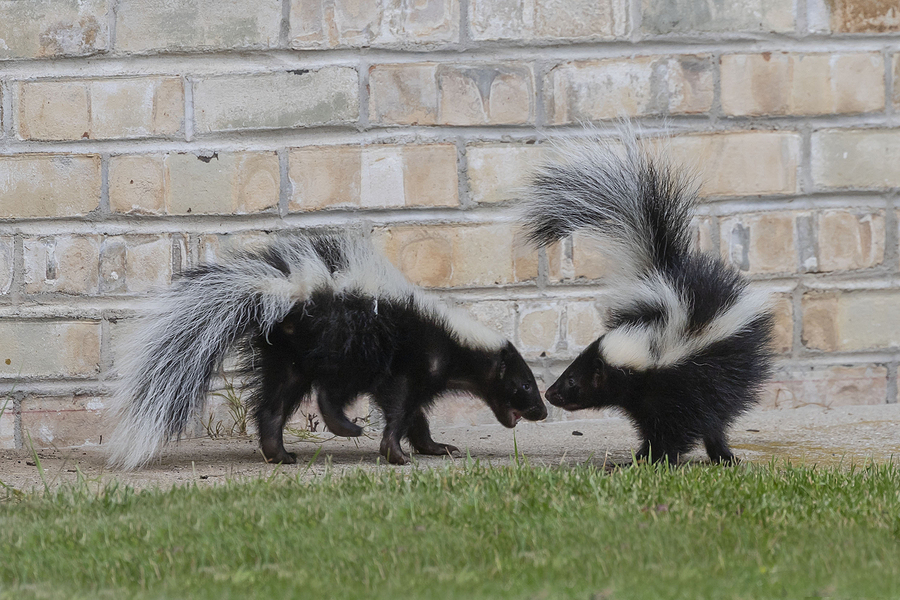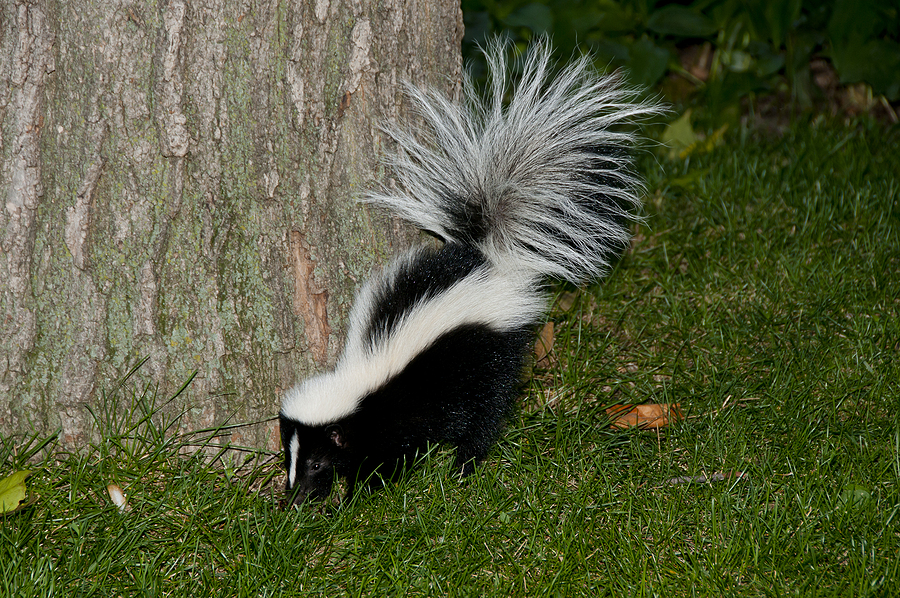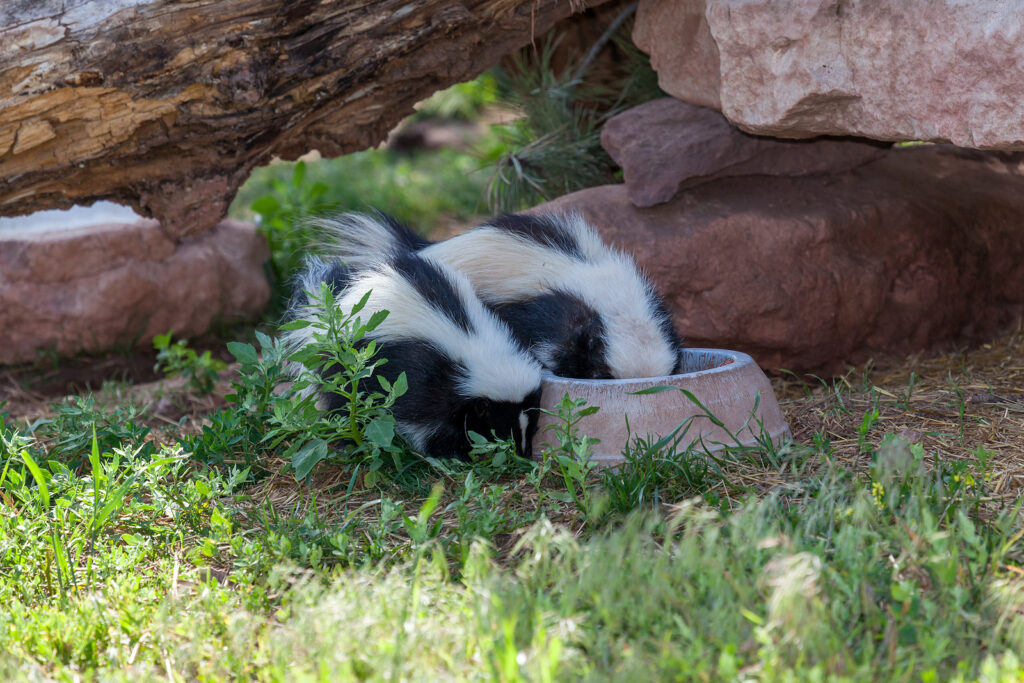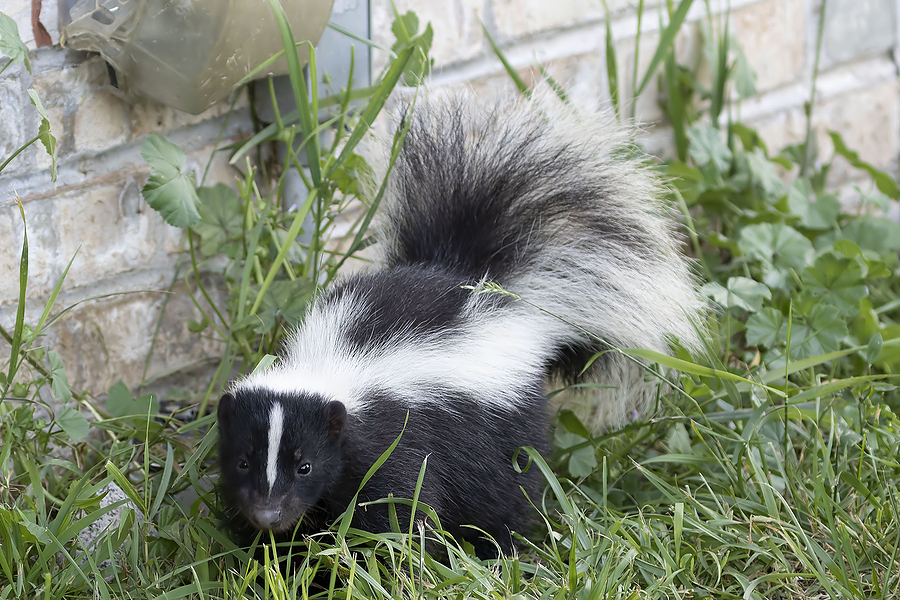Tennessee homeowners know that wildlife is a part of living in the beautiful Volunteer State. But when critters invade your home or garden, it can be a real headache. Whether it’s raccoons pillaging your gardens or squirrels taking over your attic, managing these wildlife encounters can be challenging. This blog post is here to help! We’ll explore practical DIY wildlife control tips tailored specifically for Tennessee homeowners. By the end of this guide, you’ll have valuable insights to keep your property safe and critter-free.

Understanding the Wildlife Challenges in Tennessee
Tennessee’s diverse ecosystems are home to a variety of wildlife. From the Great Smoky Mountains to urban areas, each region presents unique challenges. Deer, raccoons, squirrels, and even skunks can all be common nuisances. These animals can cause significant damage to your property and pose health risks. Understanding their habits is the first step towards effective wildlife control. For example, raccoons are nocturnal scavengers, while squirrels are active during the day and often seek shelter in attics.
Common Wildlife in Tennessee and Their Habits
Tennessee is home to a variety of wildlife species, each with its habits and behaviors. Raccoons, for instance, are notorious for raiding trash cans and creating dens in attics. Squirrels, on the other hand, love to gnaw on wood and wires, causing structural damage and potential fire hazards. Skunks may dig up your lawn in search of grubs and insects. Understanding these habits helps you implement more effective control strategies.
Importance of Wildlife Control for Property Protection
Effective critter control is crucial for protecting your property and health. Animals can damage buildings, chew through electrical wires, and contaminate food sources. Beyond physical damage, they can also carry diseases such as Rabies, leptospirosis, and hantavirus, which are harmful to humans and pets. That’s why proactive measures are necessary. Keeping wildlife at bay not only saves you money on repairs but also ensures a safer living environment.
Securing Entry Points and Exclusion Methods
One of the most effective DIY wildlife control strategies is securing entry points. Ensure that all potential entry points, such as vents, chimneys, and gaps in the foundation, are sealed. Use materials like steel mesh or hardware cloth, which animals can’t chew through. It’s also important to trim tree branches that hang over your roof to prevent animals like squirrels from gaining access.
Safe and Humane Wildlife Repellents
Several safe and humane repellents can help deter wildlife from your property. For instance, you can use motion-activated sprinklers to scare away deer and raccoons. Ultrasonic devices emit high-frequency sounds that are unpleasant for animals but inaudible to humans. Natural repellents, such as garlic and pepper sprays, can also be effective. These methods are not only humane but also environmentally friendly.
Proper Wildlife Waste Cleanup
Cleaning up after wildlife is essential to prevent further infestations. Always wear gloves and a mask when handling animal waste to protect yourself from diseases. Dispose of waste securely in sealed bags and clean the affected area with disinfectants. It’s also important to remove any food sources that may attract wildlife, such as fallen fruits or pet food left outside.
Responsible Animal Feeding Practices
Feeding wildlife, even unintentionally, can lead to bigger problems. Ensure bird feeders are placed away from the house and clean up any spilled seeds. Avoid leaving pet food outside, as it can attract raccoons, skunks, and other critters. Compost bins should be secured to prevent animals from rummaging through them. By practicing responsible feeding, you can reduce the likelihood of unwanted visitors.
Legal Considerations and When to Seek Professional Help
While DIY methods can be effective, there are times when professional help is necessary. Wildlife control laws vary by state, and it’s essential to understand the legalities before taking action. For instance, some animals are protected and cannot be harmed or relocated without a permit. Additionally, if you’re dealing with a large infestation or dangerous animals, it’s best to contact a professional wildlife removal service for assistance.
Conclusion
Proactive wildlife control is essential for maintaining a safe and healthy home environment. By understanding the habits of common Tennessee wildlife and implementing effective DIY strategies, you can protect your property from damage and reduce health risks. Remember, while these tips are helpful, don’t hesitate to seek professional help if necessary. Stay vigilant, stay safe, and enjoy the beauty of Tennessee without the hassle of unwanted critters!
Are you concerned about the nuisance wildlife on or around your property? Contact Smoky Wildlife Control at 615-610-0962 for TWRA licensed and insured wildlife removal and control services in Nashville, Tennessee, and surrounding counties. We serve residential and commercial clients.
Related Posts:
The Role of Responsible Wildlife Control in Nashville’s Ecosystem
Exploring the Role of Synanthropes in Urban Areas
Why You Should Not Feed the Wild Animals Around Your House





